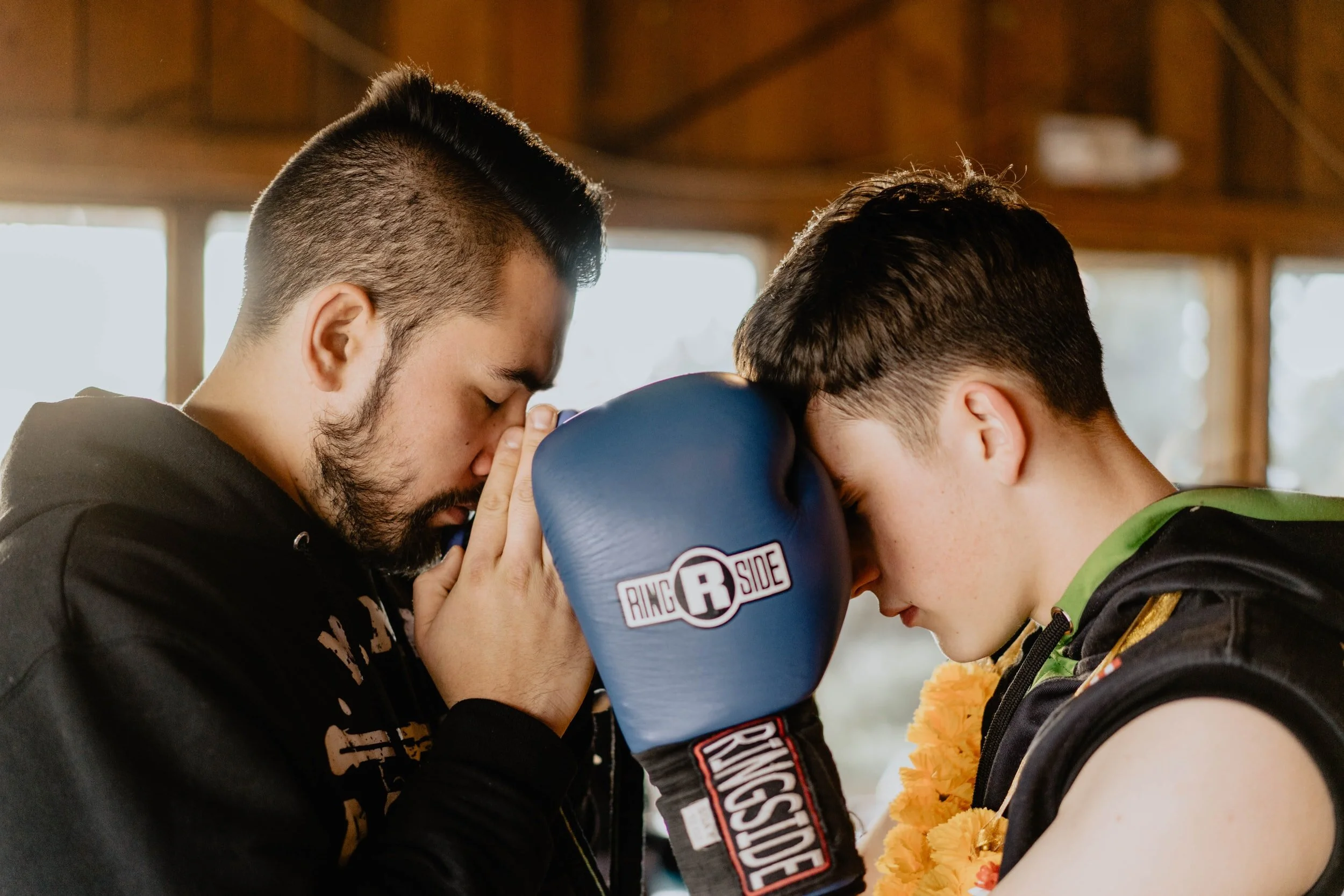Why working with a recruiter helps you gain an edge in the interview process
Recently I have been working on a retained search for a confidential Country Manager role. Upon mentioning to candidates that the client is working exclusively with me on a retained basis, the candidates began asking probing and insightful questions, given my access to the client and visibility of the process:
How many candidates are being considered? Which types of profiles do they like? What stage are they at? How does my experience compare to theirs? When do they expect to have someone on board?
It hit home an important point for me about my job as a recruiter: our value add to a candidate’s understanding of the process is of huge importance. Whether it’s a country manager role or an inside sales representative, it’s our job to provide the candidates with as transparent a picture of where they are in the interview process as possible.
We can’t stop a career move being stressful, but we can certainly endeavour to make it less so through effective management of the process; read on to discover some of the ways that we can do this.
ARE WE THERE YET?
Imagine running a race. Now imagine that two rather important points are withheld from you: you don’t know who you are competing against, and you don’t know where the finishing line is. Are you in first place? Are you conserving enough energy? Should you have done some more distance training before the race?
The interview process can be as equally opaque - and disheartening - without a recruiter’s support. It’s our job to ensure that you know what race you are running and how far you need to go to get the job - or win the gold medal, figuratively speaking. In qualifying a job from a client, it is vital to gather key insights into the process to ensure that you as the candidate have visibility on where you are and how far you need to go.
Any recruiter should know how many stages the interview process consists of, how many candidates are currently being considered, what stage aforementioned candidates are at and so forth.
But there is so much more value add that a recruiter can bring: will the client need to compare your profile to other candidates after final stage to benchmark? How quickly can they produce the offer once the final interview is done? Who are the key decision makers on who to hire? Why have candidates been rejected in the past?
While your assessment as a candidate will be focused on your career experience and your applicability for the role, it’s important that all the other logistics of the process are carefully managed and provided to you by the recruiter to ensure your peace of mind.
CONSULTANT AND COACH
I hate surprises. I like to be prepared and ready for whatever situation I am in; deviation from this can - as my colleagues have unfortunately discovered - leave me scatterbrained and less than jovial. In stepping into an interview, there are innumerable variables that a candidate must face and, while we can’t help you with all of them, a recruiter will do their damnedest to ensure that there are as few surprises as possible.
Interview preparation and debriefing is one of the most enjoyable parts of my job: a recruiter’s philosophy is to aim to prepare a candidate enough to hear the magic words “it was exactly like you said it would be” after the interview is done. Who are you meeting? What is their role in the organization? What topics will they cover? What do they like to hear and why? How long will the interview likely be? Will the interviewers meet you as a panel or one at a time? What feedback have they given about other candidates? How do they typically finish the interview? Do they have a strong accent? What first impression do they give off?
While some of these points may be superfluous for some candidates in preparing for an interview, it never hurts to be armed with all the information needed to reduce the risk of surprises and allow you to focus on doing your best.
Furthermore, it’s our job as a recruiter to ensure that - through role-play questions and your own self-assessment of your performance historically in interviews - we help you deliver an interview that focuses on your strengths and mitigates the risk of any missteps affecting your chance of a positive response from the client: yes, we might need to tell you to speak more slowly, or cite examples from your career that best fits the position you’re interviewing for, or even (yes, I have done this) ask you to smile more. As a recruitment consultant, we are also your coach: we want you to win, and provided you’re open to it, we’ll equip you with advice and tips that you may not have considered or know about.
LEAVE IT TO ME
An interesting dichotomy in recruitment is that the toughest closes for a consultant - and the ones they’re often proudest of - are the ones which could have been a lot smoother had they controlled and managed the process more effectively. If an offer culminates in a lengthy and tough negotiation with client and candidate on salary, could it have been avoided if the client were aware of the candidate’s total compensation in their current job sooner? While the unexpected often happens, expectation management on the entire interview process - for candidate and client - can be the difference between securing your dream job and an interview process ending in disaster.
Let’s play through a scenario. You apply for a position at a company directly and are asked to interview. You explain your current salary, your expectations and your notice period. In going through the interview process however, you receive an offer from another company that is slightly higher than your initial expectations, you receive a salary increase in your current position and need to take on a new project that will require you to stay on an additional three months, extending your notice period. How would you best approach the client to explain all this?
While they may well be understanding, this could certainly affect your candidacy for the role if they also have other people interviewing (which they likely have) and there can be an element of suspicion in the event of salary expectations increasing throughout an interview process. With a recruiter representing you, we take care of this communication and - if the recruiter you're working with is doing their job well - will likely have already asked you about a lot of these points in our earliest communication with you. This means that the client will be aware of this already and hopefully able to accommodate these adjustments to salary or time frame.
It’s a recruiter’s job to understand everything about your current situation to ensure that - in the event of the situation changing - you and the client have already been made aware of these eventualities. A good recruiter exercises expectation management to ensure that if the road does fork, everyone can see it coming and ride it out.
HUMANITY PLUS DATA FOR THE WIN
Ultimately, the recruiter wants you to get this job. My efficacy as a recruiter is only as good as my ability to empathize with the candidates I represent and to understand the stressfulness of moving jobs. What I can do to help is to then provide as much concrete information to you the candidate as possible to ensure that the interview process is as you expect, the most difficult questions are anticipated, the salary discussion is a breeze and - most importantly - what’s written on that offer letter is exactly what you wanted from the start.
This is one of the 4 reasons you should work with a recruiter to find your next job.
Here are the other three:
Benedict Mallinson
Manager | Consumer & Financial Technology




